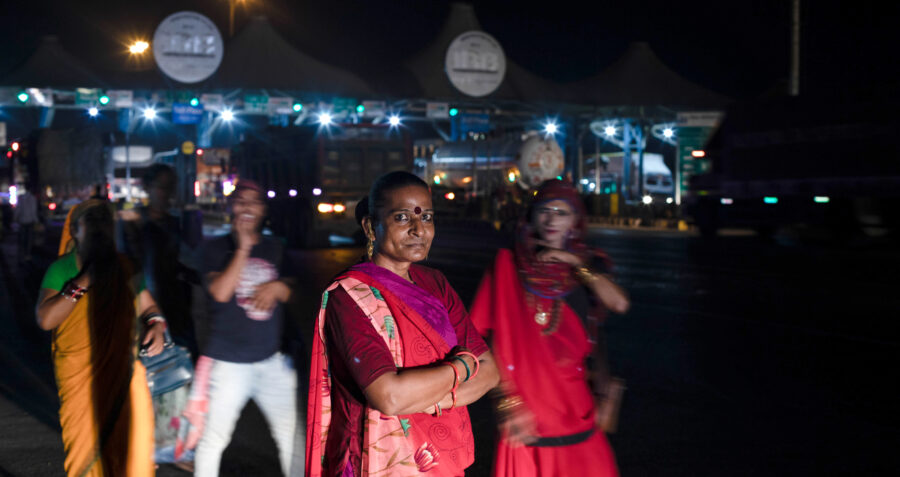Zero Violence crisis response teams

Key information
- Organisation: Alliance India
- Country: India
- Region: Asia and the Pacific
- Stage of innovation: Stage 6: In the market and Ready to scale
- Start date: 2020
- End date: 2021
- Type of innovation: Accountability innovation: new way of holding duty bearers to account
- Budget: Zero Violence
- Funder: Foreign, Commonwealth and Development Office (FCDO)
Summary of intervention
Violence against transgender and gender non-conforming people, sex workers, men who have sex with men and other marginalised communities is highly prevalent in India. For example, sex workers commonly experience sexual, emotional, psychological and economic violence from their clients, intimate partners, the police and their families. Largely due to stigma and discrimination, few report violations or are aware of their rights under India’s legal system. Rates of gender-based violence (GBV) escalated during the COVID-19 pandemic.
Alliance India is implementing the Zero Violence Project in Delhi, Gujarat and Maharashtra to address a widespread lack of awareness around GBV among marginalised groups. Workshops enable participants to identify violence and provide them with legal advice and the opportunity to exchange experiences openly but safely. Alliance India also formed ‘Crisis Response Teams’, including community leaders, community-based organisations and stakeholders, doctors, police, lawyers, and members of the target community. These teams document and verify experiences of violence, raising awareness of GBV among members of different stakeholder groups who go on to advocate within their own institutions.
There is evidence that the Zero Violence Project has raised awareness of GBV and its impact among marginalised communities. Importantly, they now know how to access legal and community support through civil society organisations and helplines. The project has led to the formation of five district Crisis Response Teams that are providing immediate support, and 23 WhatsApp groups embedded in communities to share information and respond to women’s calls for emergency support
learnings
Increased knowledge of rights and the legal system is effective in giving participants the confidence to use legal mechanisms to report violations against themselves and their peers. Armed with this knowledge, women are encouraged to spread this awareness within local support structures, women’s groups and peer networks. Having police representation within the crisis response team is effective in holding police accountable for violence and infringements of people’s rights, therefore enabling a more effective response to violence.
For more information, read the Zero Violence leaflet on Strengthening access to justice to tackle gender-based violence.

